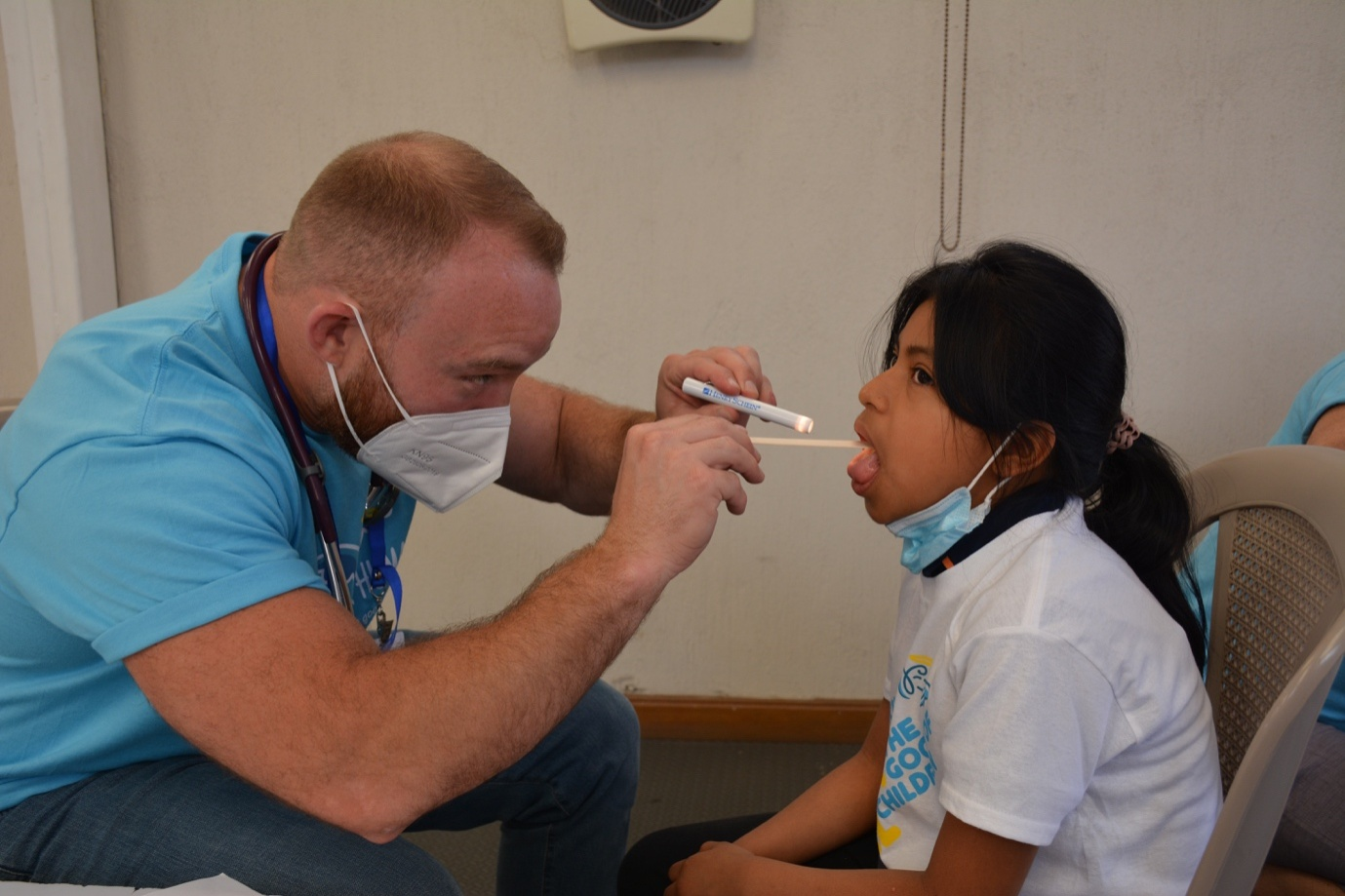Understanding Hypothyroidism
Hypothyroidism is also referred to as underactive thyroid disease. It is an endocrine disorder that’s common among adults. According to statistics, nearly 10 percent of the population of the United States has hypothyroidism. Women are more likely to develop hypothyroidism as they age, with their chances at roughly 12 percent, compared to men with a 2 percent chance.
Hypothyroidism often does unnoticed, and upto 60 percent of the people who have it don’t know until they are diagnosed or have it by a medical professional due to their deteriorating overall health. Hypothyroidism can cause several health issues, including weight gain, excessive hair fall, depression, etc.
Diagnosing hypothyroidism isn’t as simple as you think because it presents no unique symptoms and can often be confused with other conditions. A misdiagnosis can also lead to complications in the future. Let’s take a detailed look at hypothyroidism, its symptoms, complications, and treatment options.

The Thyroid Gland and Its Functions
The thyroid is a gland located in a person’s neck, right under the Adam’s apple. It’s shaped like a butterfly, and is an important part of the endocrine system, along with the pituitary gland, adrenal glands, and parathyroid glands.
The thyroid’s job is to control the body’s growth and metabolism and maintain a healthy body temperature (97.5-98.9 degrees Fahrenheit). It’s also responsible for producing hormones.
Two major hormones it produces are triiodothyronine (T3) and thyroxine (T4). These hormones are produced inside the thyroid and circulate in the blood around the body. These hormones affect the functions of the heart and nervous system and affect other body parts, including the skin, muscles, and more.
A person's hypothyroidism develops when the thyroid gland doesn’t produce enough T3. T3 levels drop when the thyroid becomes underactive and doesn’t secrete enough hormones into a person’s bloodstream, affecting the nervous system and the heart.

Symptoms of Hypothyroidism
Hypothyroid doesn’t have a fixed set of symptoms. It can vary depending on a person’s overall health and the condition's progress. Mild hypothyroidism causes no or unnoticeable symptoms, whereas severe hypothyroidism can cause severe symptoms. These symptoms include:
- Fatigue
- Weight gain
- Hair loss
- Dry hair
- Dry or rough skin
- Intolerance for cold
- Muscle cramps
- Constipation
- Joint pain
- Hoarse voice
- Low heartbeat
- Memory loss
- Depression
- Irregular menstruation cycles
If not treated in time, hypothyroidism can cause complications that can result in infertility, osteoporosis, and heart conditions.
Treatment for Hypothyroidism
Natural Remedies
· Eating Iodine Rich Diet
Iodine helps produce hormones in the thyroid, which is why an an iodine-rich diet is recommended by medical professionals if a person is diagnosed with hypothyroidism. Iodine-rich foods include eggs, yogurt, milk, fish and other seafood, saltwater plants, and more.
· Increase Vitamin-D Intake
Medical professionals also encourage eating foods with vitamin D if you’re diagnosed with hypothyroidism. It stimulates the gland and increases its functioning. You can increase your vitamin D intake simply by walking in the sun or eating foods like fish, egg yolk, mushrooms, and more.

· Eat Selenium-Rich Foods
Selenium is a form of a mineral that assists the body in preventing changes in the thyroid gland and prevent the formation of abnormal cells, like cancer. Brazilian nuts, halibut, tuna, cod, chicken, and turkey are all selenium-rich foods you can include in your daily diet.
· Increase Zinc Intake
Zinc is an effective natural treatment for hypothyroidism because it helps regulate the production of hormones in the thyroid gland. Some foods with a rich quantity of zinc are spinach, whole grains, beans, oyster, and more.
· Avoid Goitrogen
Goitrogen is a substance that negatively affects the absorption of iodine in the thyroid glands. Some foods have a high amount of goitrogens in them. These foods include cabbage, broccoli, brussels sprouts, cauliflower, millet, peanuts, cassava, pine nuts, soy products, soy milk, tofu, etc.
The best way to avoid goitrogens is to carefully read labels on food products, especially processed foods, and check the nutrition chart on them.
· Avoid Fluoride
Excessive intake of fluoride has been linked to hypothyroidism, according to research. For dental health benefits, fluoride is added to drinking water in many countries, including the United States. However, if you’re diagnosed with hypothyroidism, your doctor will recommend a fluoride-free toothpaste and drink filtered water from an RO plant.

Treatment of Hypothyroidism with Medication
Hypothyroidism has no known cure. The symptoms, however, can be managed through natural remedies and medication.
Doctors commonly treat hypothyroidism patients with levothyroxine. This is a synthetic version of the hormone T3. The medicine replaces the hormone produced by the thyroid and balances the body’s required amount of hormones. Your doctor will regularly adjust the dosage of levothyroxine after conducting blood tests to see TSH levels. You must not take any medication on your own or without a doctor’s prescription or advice.
You will probably need levothyroxine for the rest of your life and regular blood tests to regulate its quantity. If you have hypothyroidism, want to speak to a doctor or suspect you have it due to other symptoms and related conditions, you must speak to a doctor immediately. If you can’t visit a doctor for any reason, you can now speak to an online doctor from the comfort of your home!
TelMDCare is a telemedicine doctor service for the residents of the United States. We have a team of virtual doctors who provide consultation for several conditions, including chronic hypothyroidism, diabetes, hypertension, sinus infections, respiratory infections, and more. Book an appointment with our online doctor, or call us for more information.